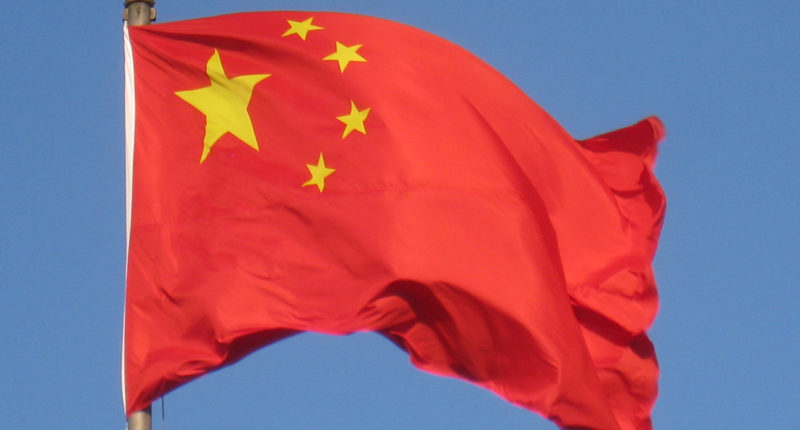Oh China, thy art so cruel. In yet another blatant elimination of privacy, the Chinese regime has imposed a new law that requires telecom providers to scan the faces of customers who are enrolling for services. With everything that’s happening in China, the idea doesn’t seem that far fetched.
The Chinese government says that this move is to cut down on fraud. And that is pretty much the statement that comes out almost every time there is a law being passed in China. If this law was enacted genuine fraud prevention intentions, it would have been a welcome step. But knowing China’s history on usage of user data, facial scans for telecom services are surely not meant for just ‘fraud prevention’ use cases.
This means that millions of new users will be facially recognized. And thus, the spider’s web grows deeper and deeper.
China is a torchbearer of sorts when it comes to face recognition. Face recognition has become a part of China’s daily life with subways, airports, bus stations etc. using it for a long time. Tech giant Alibaba allows users to pay by their face at it’s Hema supermarkets. Some hotels allow users to scan their faces with their devices to pre check.
In July, the Xinhua news agency said Beijing had, or was in the process of, installing facial recognition systems at the entrances of 59 public rental housing communities.
Drawbacks of Facial recognition
While using facial recognition to pay might seem like something straight out of a sci fi movie, the fallout from it is huge. By exposure to facial recognition, users come under direct surveillance of the Chinese government. And the Chinese regime isn’t very people friendly.
Metro systems of some major Chinese cities have announced they will use the technology, with government-owned newspaper China Daily. Beijing will use it to “classify passengers” to allow for “different security check measures”.
Facial recognition can be used to keep a check on the people and poses a great threat to their privacy.
People’s reaction to the new law
There has been a reaction for sure. But it’s been minimal. And mostly on social media platforms like Weibo.
People seem divided on the issue. While some people think that the policy can cut down on fraud, others seem to think that the repercussions can be catastrophic for user privacy. People are already protesting about the atrocities by the chinese government and they are afraid that this might become another nail in privacy’s coffin.
The policy is being tested in some areas and might soon roll out to other services. How this policy affects the state of the country is yet to be known. But if history is any proof, it can’t be really good.
